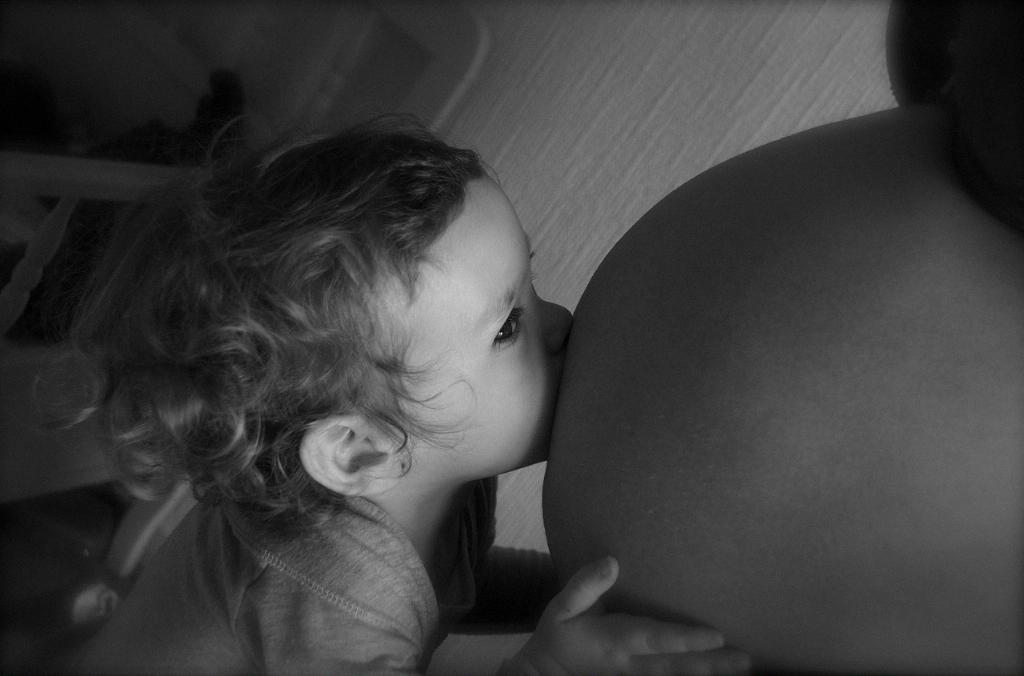One of the lesser-known aspects of pregnancy is the potential impact it can have on oral health. While many expectant mothers focus on their overall health and well-being during this time, it is vital not to overlook the importance of dental care. Research has shown a correlation between pregnancy and an increased susceptibility to various teeth problems, such as gum disease and cavities.
During pregnancy, hormonal changes can lead to an elevated risk of developing gingivitis, a condition characterized by inflamed and swollen gums. The surge in hormone levels can cause the gums to react more strongly to plaque, leading to irritation and potential infection. This highlights the need for pregnant individuals to maintain good oral hygiene practices, including regular brushing, flossing, and dental check-ups.
Furthermore, pregnancy cravings and dietary changes can also play a role in dental health. The consumption of sugary foods and beverages during pregnancy can contribute to an increased risk of tooth decay and cavities. It is essential to be mindful of dietary choices and opt for nutritious snacks that support both maternal and dental health.
In addition to hormonal fluctuations and dietary habits, pregnancy can also lead to other oral health issues, such as pregnancy tumors. Although benign, these growths on the gums can cause discomfort and should be evaluated by a dental professional to determine the appropriate course of action.
It is crucial for pregnant individuals to prioritize their oral health during this transformative period. In doing so, they not only promote their own well-being but also contribute to the overall health of their developing baby. Seeking regular dental care and adhering to recommended oral hygiene practices can help mitigate the risk of teeth problems commonly associated with pregnancy.
Despite the potential challenges posed by pregnancy on oral health, it is important to note that with proper care and attention, many teeth problems can be prevented or effectively managed. Establishing a proactive approach to dental wellness during pregnancy can have lasting benefits for both the mother and child.
Consulting with a dental professional is key to addressing any concerns or issues related to oral health during pregnancy. Dentists can provide valuable guidance on maintaining optimal dental hygiene, addressing specific concerns, and ensuring the well-being of both the mother and baby.
By staying informed and proactive about oral health, pregnant individuals can navigate the potential teeth problems associated with pregnancy with confidence and peace of mind. Taking a preventive approach to dental care can significantly reduce the likelihood of experiencing dental issues during this critical period.
Ultimately, recognizing the connection between pregnancy and oral health is essential for promoting overall well-being. By incorporating dental care into the broader spectrum of prenatal health, expectant mothers can take proactive steps to safeguard their oral health and set the foundation for a healthy smile for themselves and their child.
Addressing teeth problems during pregnancy requires a comprehensive approach that encompasses regular dental check-ups, consistent oral hygiene practices, and conscious dietary choices. By taking these proactive measures, pregnant individuals can minimize the risk of developing oral health issues and maintain a healthy smile throughout this transformative journey.

